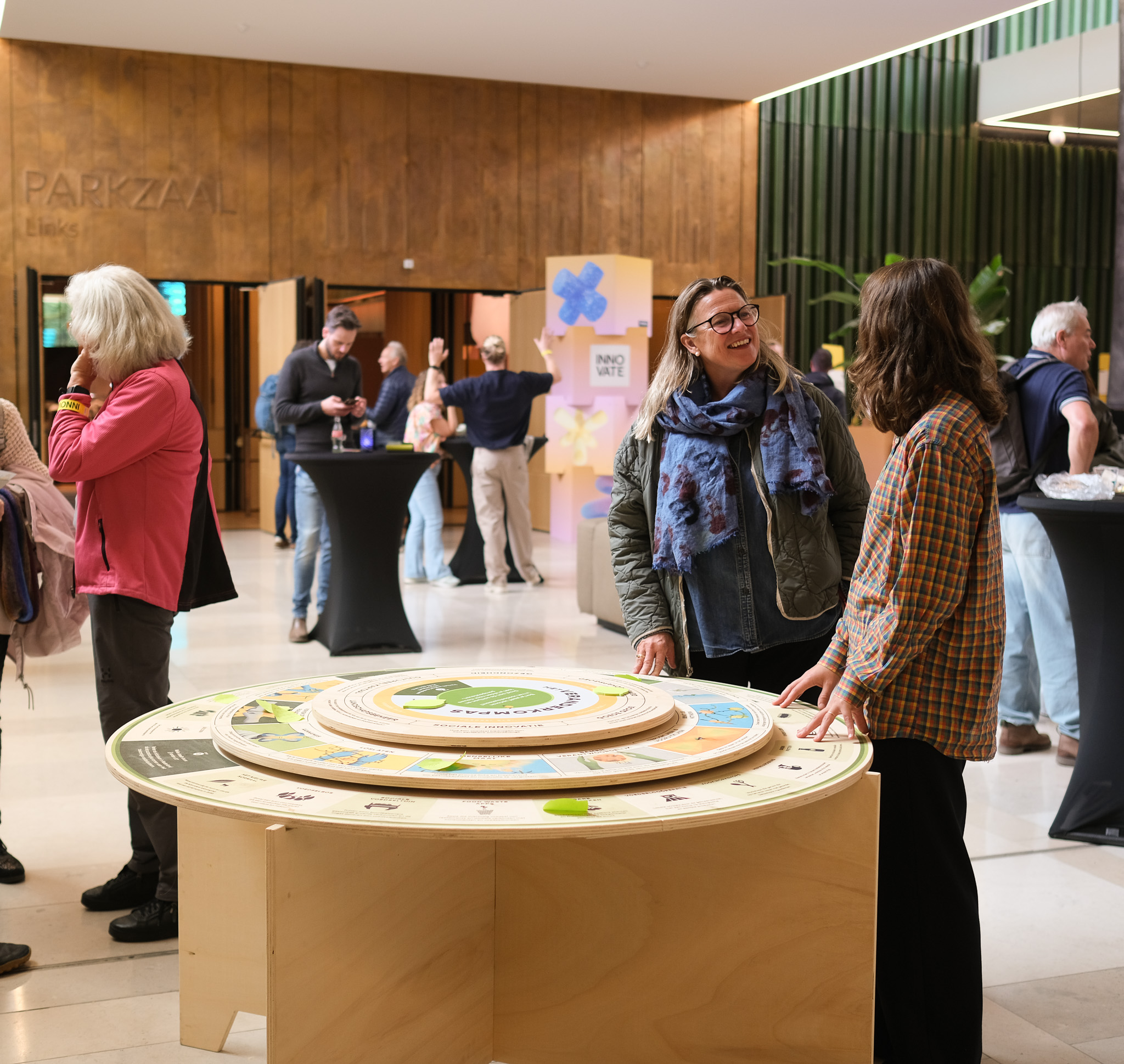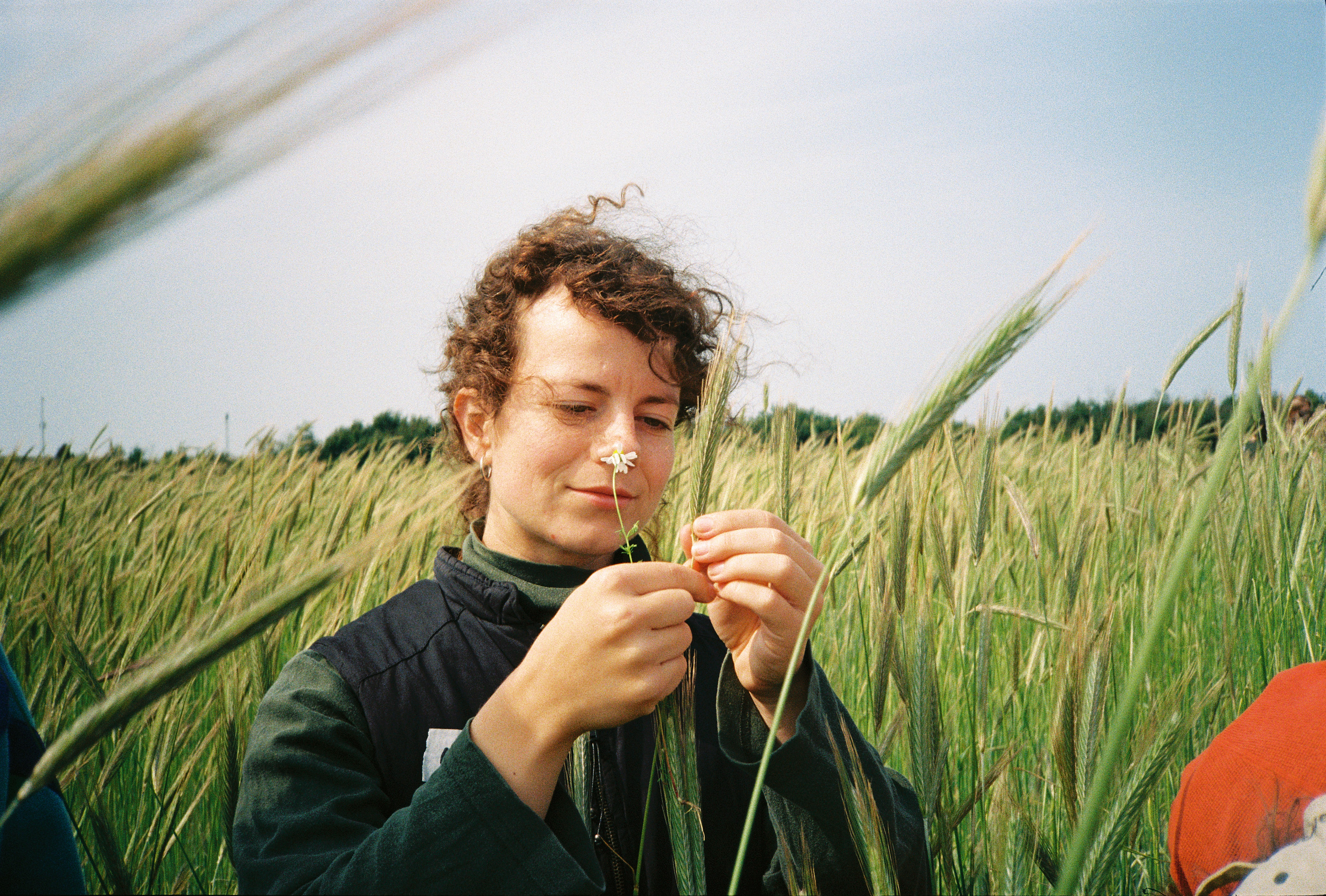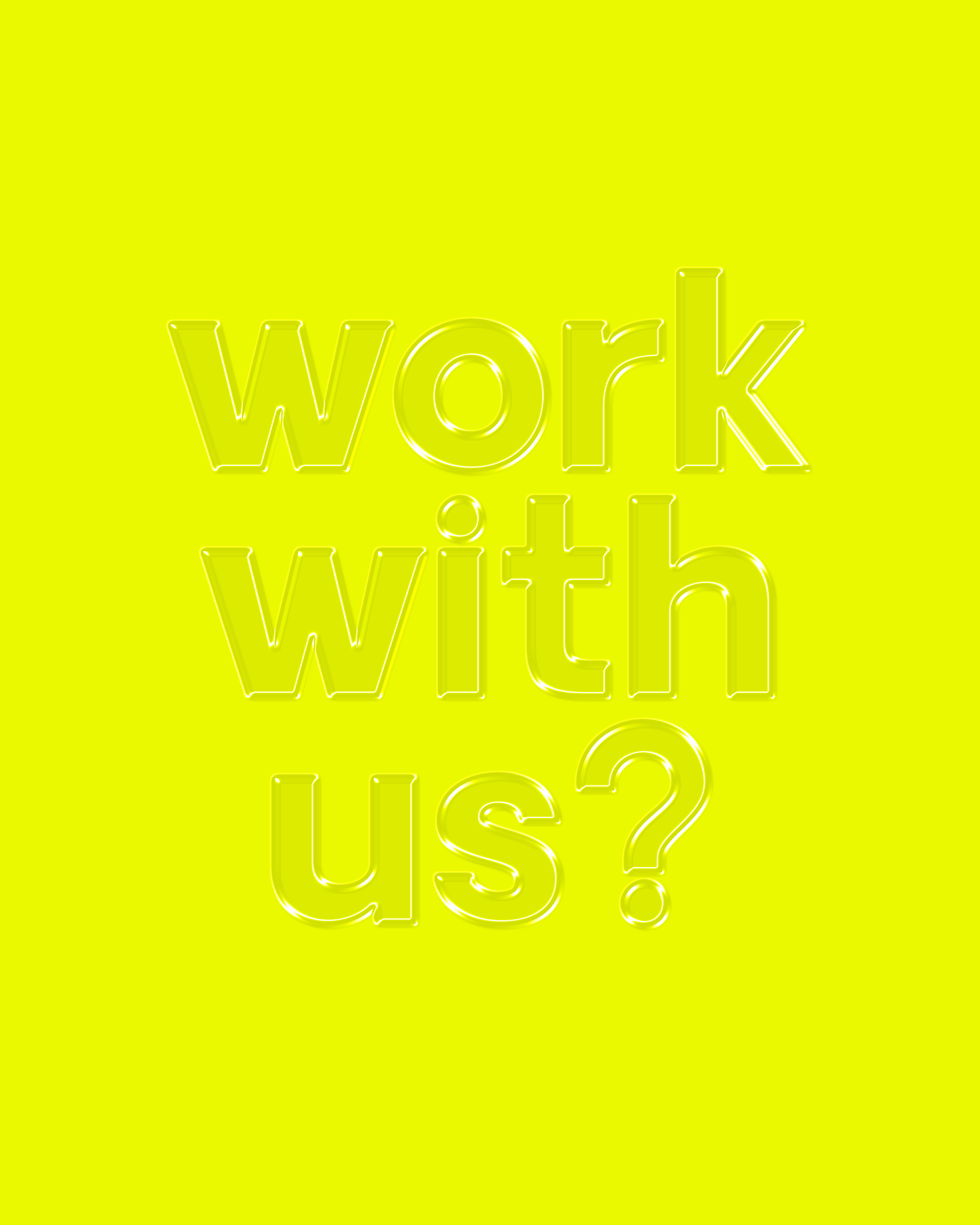A week of feeling food systems on a farm in Zeeland
Bodemkracht: A week of feeling through food systems on a farm in Zeeland

How do people take ownership and find their own solutions to reshape the food system.
Innovate Experience 2025 aims to connect startups, Artez graduates, local innovators, and neighborhood residents of Arnhem. Foundation ‘Heerlijk van Hier’ used Futurall’s System-Change Compass to initiate conversations about the future of Arnhem's food system. Originally designed for the Embassy of Food at Dutch Design Week 2024, the Compass isn’t a roadmap; it’s a conversation tool that surfaces diverse perspectives, practical levers for change, and the many ways people can make an impact that fit their diverse lives, individual preferences and behaviours.
Anaïs opened the day with a simple but powerful demo. She is an active member of Heerlijk van Hier and a farm-to-table researcher at Maastricht University. In one hand she holds a loaf of bread made of two simple ingredients. A fresh crust, and crafted with local grain, milled nearby and baked earlier this morning. In the other hand she holds a plastic-wrapped supermarket loaf with 13 ingredients and additives, grain from Eastern Europe and no crust. The comparison reveals how an everyday purchase hides choices about landscape, health, local economy, craftsmanship and taste.
After the demo, we invited visitors to interact with the different layers of the compass to spark conversations and make room for stories and discussions.
Layer 1 surfaces different lenses for looking at food: health, cultural capital, landscape management, good growth, community asset, social innovation.
Layer 2 explores practical ways to make system change, from individual habits to community initiatives.
Layer 3 highlights existing Dutch initiatives and actions that contribute to a sustainable food system.

The Compass sparked conversations and produced vivid, local stories: A young visitor recalled her inspiring grandmother making everything from scratch. A man shared how ordering a local root-vegetable box led him to call his mother and ask how to cook unfamiliar vegetables. A woman described that she is taking part in a collective herb-garden and now she is turning an empty square into a “buuf-keet” (neighbour-hut) for cheap coffee, conversation, and shared action. We discussed how her herbs from the collective garden might become the community tea. These are small acts that hold alternative stories about food and collective power.
Participants of the workshop also debated language and framing - for example, the term “veggie burger.” Some find it annoying that plant-based products mimicking meat are off-putting. Others see them as low-threshold transitions away from industrial meat. Some shared that the conversation should go beyond labels, instead focusing on whether we want fresh or ultra-processed food tonight - a shift that can nudge people toward local butchers, markets, and seasonal choices.

The Compass doesn’t promise quick fixes. Instead, it reveals how change can be owned at many levels and roles - citizens, teachers, policymakers, startups, and neighbourhood groups. Rather than prescribing a single future, it offers a colorful palette of alternatives, giving everyone a taste of their kind.
Feeling inspired? Want to start something where you are? Maybe you already contribute to a more sustainable food future - or there’s a local group that could use your energy. The Compass won’t tell you what to do, but it points to directions you can explore.
Interested in bringing the System-Change Compass to your event, school, or community? Contact us at renee@studiofuturall.com.

Bodemkracht: A week of feeling through food systems on a farm in Zeeland

Launching Earthlings - project platform dedicated to engaging with the “polycrisis” through culture

Two opportunities to get involved with our projects this fall.

This blog shares our process of developing a youth friendly tool for making sense of the nuance of societal structures.
55 Wallis Rd, Unit K
Hackney Wick, London, E95LH, UK
Havenstraat 157, 3024SJ
Rotterdam, the Netherlands